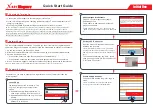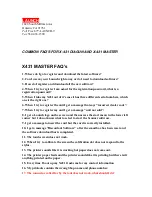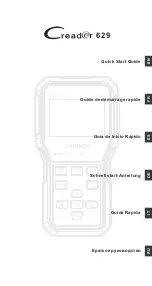
2 Ulna
• The morphology of the sigmoid facets provides congruent
surface contact around the flexion axis in full valgus.
The average position of the elbow flexion axis
is at 105° from the ulnar diaphyseal centerline (fig. 06).
• The flexion-extension axis is located between 12 mm
to 17 mm anterior to the diaphyseal axis with a mean
of 15 mm (fig. 07).
• The placement of the Latitude ulnar component is based
on the flexion-extension axis.
• 3 sizes of stems and 2 lengths
(standard and short figs 08 and 09).
• The Latitude ulnar stem is designed with an optional cap
so that the components can be unlinked or linked.
The geometry of the standard stem has been designed
to replicate the natural bow of the ulna thus diminishing
stresses on the cortical wall. (fig. 08).
The polyethylene surfaces of the ulnar components have been
designed to facilitate an anatomic distribution of joint reactive
forces.
The Latitude
®
Total Elbow offers intraoperative flexibility.
The decision to use the implant in a “linked” or “unlinked”
mode is made following the examination of the surrounding
soft tissues. The ulnar cap has been designed to capture
the humeral component to convert the implant to a linked
semi-constrained device.
In the event that an unlinked construct was initially performed
and a linked revision is desired to correct instability,
a complete elbow revision is not required. The surgeon can
easily add the ulnar cap through a minimally invasive incision
transforming the prosthesis from unlinked to linked.
6
Latitude Elbow Prosthesis
Latitude Elbow Prosthesis Surgical Technique UCLT101
(fig. 08) Standard ulnar stem
The unique fork
design allows for
ease of assembly
Anterior fin
to prevent
intramedullary
rotation
Ideal polyethylene
thicknessconfiguration
for greater wear
properties
Notches on the stem
to improve cement fixation
(fig. 09) Short stem
15
105°
7°
(fig. 06)
(fig. 07)
ANATOMICAL DESIGN
2. ANATOMICAL DESIGN VALIDATION
TO LATITUDE INT UCLT101.qxd:Mise en page 1 7/07/10 15:00 Page 6







































